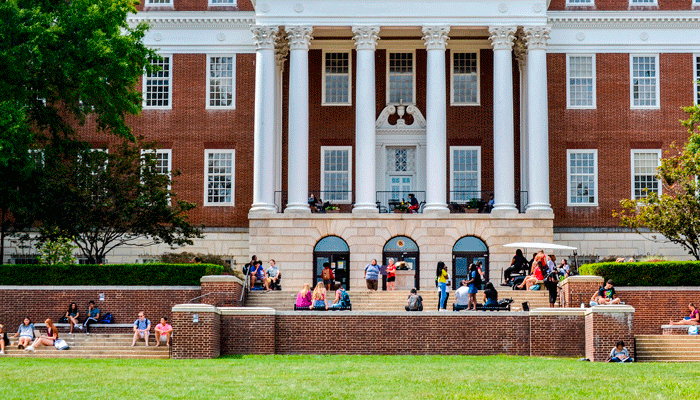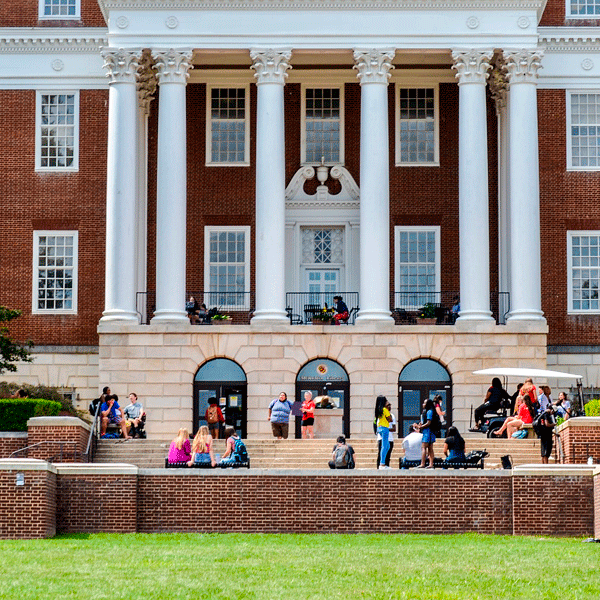
by Lil Tuttle
The semester-long college freshman orientation program, First-Year Experience (FYE), has become a costly bureaucratic industry at American colleges, writes John Tierney in an article entitled “Reeducation Campus.” Run by administrators rather than professors, it is one of university leftists’ most successful student indoctrination programs, since every college freshman – regardless of major – is required to participate.
You may have come to study computer science or literature or biochemistry, but first you’ll have to learn about social justice, environmental sustainability, gender pronouns, and microaggressions. You may have been planning to succeed by hard work, but first you’ll have to acknowledge your privilege or discover your victimhood. If you arrived at college hoping to broaden your intellectual horizons, you’ll quickly be instructed which ideas are off-limits.
FYEs, an institution at 90 percent of American colleges today, are better coordinated across the nation’s colleges than most might think.
The programs often start with a “common read,” a book sent to everyone the summer before school starts, and proceed with lectures, discussion groups, seminars, courses, exercises, field trips, art projects, local activism, and whatever else the schools will fund. The programs are typically run not by professors but by “cocurricular professionals”—administrators lacking scholarly credentials who operate outside the regular curriculum. They don’t need to master an academic discipline or impart an established body of knowledge. They create a cocurriculum of what they want students to learn, which usually involves a great deal of talk about “diversity” and “inclusion.”
Campus administrators in the FYE industry are well networked, and many attend an FYE conference each year. It is here that authors sell themselves and their social justice stories in an attempt to win big book sales for whole freshman classes, as well as speaking engagements that amount to thousands of dollars.
Tierney attended the FYE conference in San Antonio TX this year, and he highlights some of the social warriors whose books and stories have been big hits among FYE conference goers.
This convention year’s rising star is Julie Lythcott-Haims.
The daughter of a white British immigrant and black American doctor who was once assistant surgeon general of the United States, she grew up in good neighborhoods and thrived at school academically and socially. In high school, she was a cheerleader and president of her class as well as the student council. But despite those successes, despite the degrees from Stanford and Harvard, despite the well-paying jobs and a bestseller she published on how to raise children, her memoir is a saga of oppression.
Tierney found Lythcott-Haims’ memoir – her saga of oppression – underwhelming, but her presentation to the FYE bureaucrats clearly hit the mark.
The writing is dreadful, but you have to give her credit for knowing her audience. The first-year administrators give her a standing ovation, and afterward they wonder to one another what she charges for a campus speech.
No doubt Lythcott-Haims’ message – “denunciations of the police, Donald Trump, Sarah Palin, and whites in general” – will soon be force-fed to countless college students whose own lives and experiences are far less “privileged” than hers. The sad irony is that Lythcott-Haims will get richer, while the students forced to absorb – and pay for – her message will get poorer.
Scholarly professors aren’t particularly impressed with FYE programs.
Many professors are unhappy with the results of this training: the students primed to complain about imagined slights, the snowflakes who report their teachers for discussing “unsafe” topics, the mobs who shout down visiting speakers with dissenting views. Many scholars resent diverting so much time and money to a non-scholarly cocurriculum, but they’re losing the budget battles.
Many students appear unimpressed with FYEs as well. One university conducted post-FYE surveys results found that over 80% of the facilitators agreed with the statement, “discussion taught things that students could use in campus life.” A majority of students disagreed, however, with some commenting that they were tired of talking about race.
Such student push back only drives the First-Year Experience industry and cocurricular bureaucracy to push harder.
Academia has been taken over by leftists promising to solve problems that they created. The activists of the 1960s and 1970s demanded ethnic and racial fiefdoms on campus with the promise of promoting harmony, but instead they’ve accentuated divisions, promoting poisonous tribalism and intolerance.
The college experience was once an intellectually enlightening time of life for all students. For most apolitical and conservative students, it is a costly social justice gauntlet to be endured. Students may not have the option to reject such college excesses, but these colleges’ alumni certainly do: they can stop feeding the beast.

